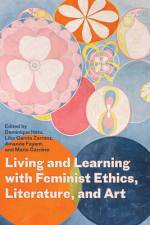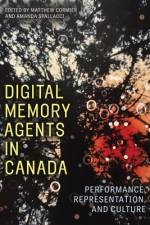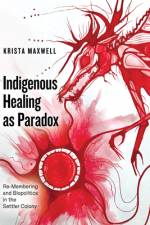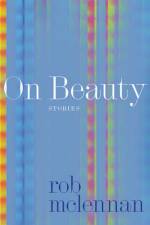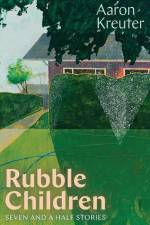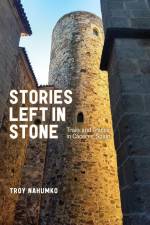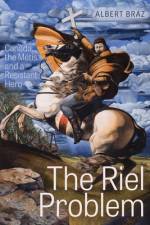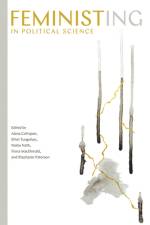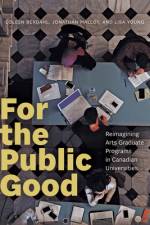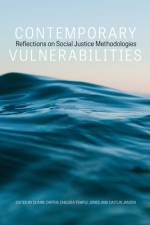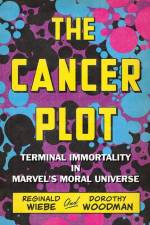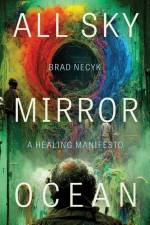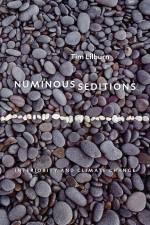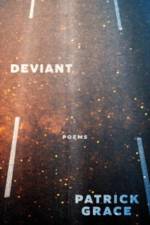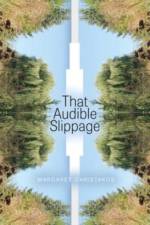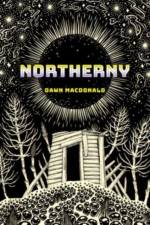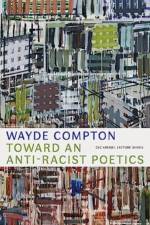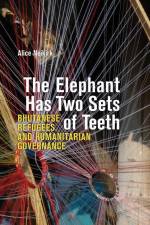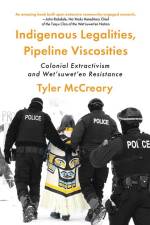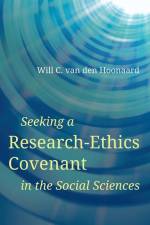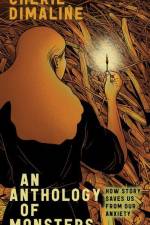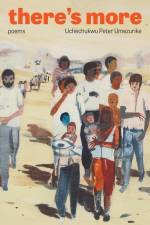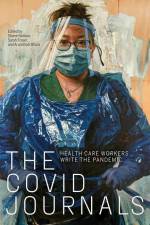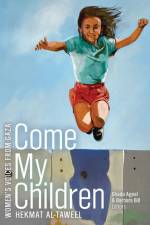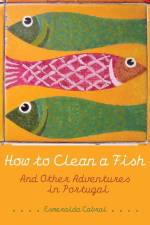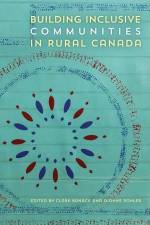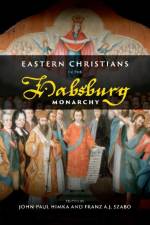av Uchechukwu Peter Umezurike
261
In there's more, Uchechukwu Peter Umezurike takes on the rich concepts of home and belonging: home lost and regained, home created with others and with the land, home as "anywhere we find something to love." Giving voice to the experiences of migrant and other marginalized citizens whose lives society tends to overlook, this collection challenges the oppressive systems that alienate us from one another and the land. Carefully built lyric meditations combine beauty and ugliness, engaging with violence, and displacement, while seeking to build kinship and celebrate imagination. Weaving domestic and international settings, salient observation and potent memory, Umezurike immerses the reader in rich, precise imagery and a community of voices, ideas, and recollections. there's more navigates immigrant life with a multifaceted awareness of joy, melancholia, loss, and hope.Sales Tips: -Uchechukwu Peter Umezurike takes on the rich concepts of home and belonging: home lost and regained, home created with others and with the land, home as "anywhere we find something to love."-The sense of longing that permeates the collection appeals to those who have had to leave a homeland behind, or whose ancestors have done the same, and who navigate their new lives with a multifaceted awareness of joy, melancholia, loss, and hope.-Umezurike examines themes of alienation, migration, citizenship, belonging, diaspora, and racial and social justice. -Some of the poems look at the realities of marginal lives in society; others explore questions about dispossession and the violence of extractive industries. -One of the great strengths of there's more is the poet's use of personal experience to present carefully arranged challenges to oppressive systems. -Umezurike's work connects with a long line of Canadian BIPOC poets who work within the autobiographical lyric form against monolithic, colonial notions of belonging, from George Elliott Clarke to Dionne Brand to Sky Dancer. -Weaving domestic and international settings, salient observation and potent memory, Umezurike immerses the reader in rich, precise imagery and a community of voices, ideas, and recollections.-The poet presents magnificently compact, moving, and beautiful lyric observations, combining well-shaped rhythms, images, and phrases with vernacular.-Umezurike interrogates the possibility (and the necessity) of holding multiple homes, and in a time of vastly increased displacement and immigration, this is a crucial topic. -Overall, the abiding question of the collection is how othering surfaces and perpetuates in our lives, in ways that alienate us from one another, from what it means to be human, and from the natural world that is our home. It also explores ways of building community. At the end of the day, it's a book that looks at what can be overcome in bringing people together, rather than pushing them apart.>Audience: -Readers of poetry and Canadian literature, particularly those who seek out, celebrate, and engage with autobiographical lyric work.-Readers who come from communities directly impacted by racism and their allies: the poems speak to issues of racial and social justice that fragment, as well as to a deep search for belonging and relationship.

